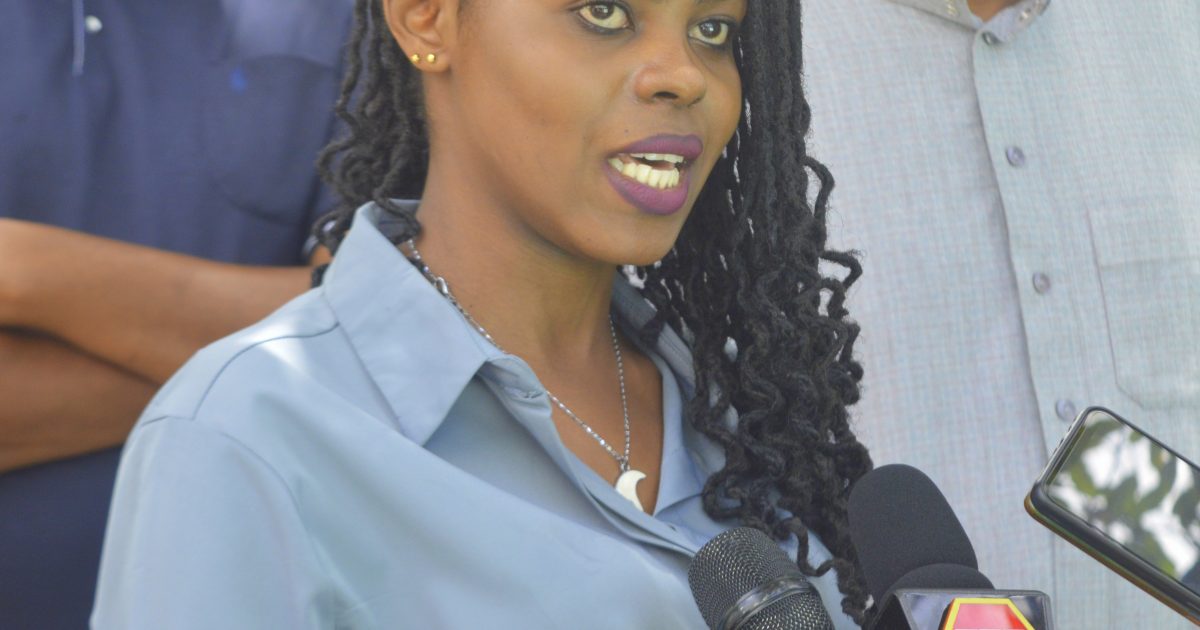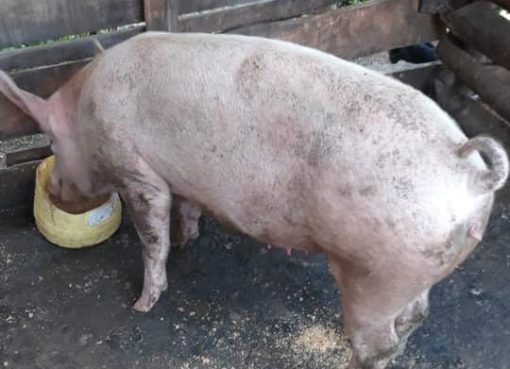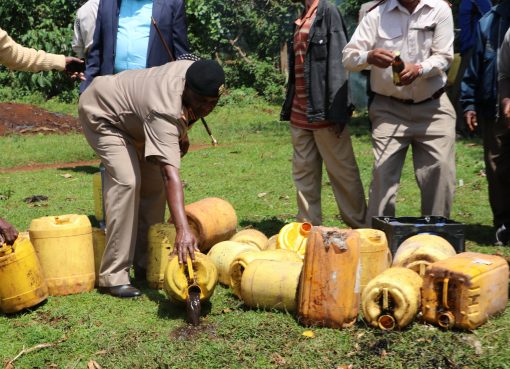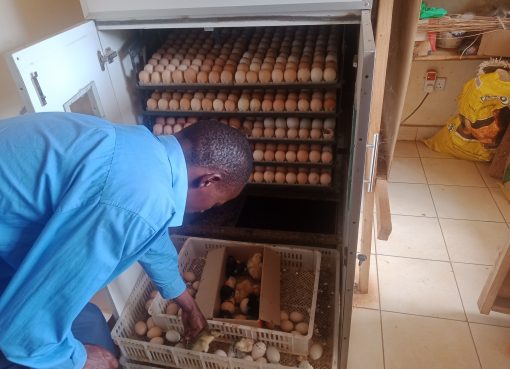A new children law that was assented on July 2022 in the country has granted equal rights and recognition to intersex people.
In response to the Children Act 2022, intersexes people are now recognized as the third gender with an ‘I’ mark in every intersex’s person birth certificate.
Janet Nzisa, a practicing advocate of the High Court of Kenya said that the new law requires intersex children to be treated with dignity and have equal access to basic services like health and education.
“Intersex has been a major issue according to the national census that had been overlooked. We have come on board so that we can be able to digest the law and get different perspectives, highlight and harmonize so that they come to a common understanding of the law,” said Nzisa.
She noted that the intersex is quite important currently as per the census conducted in 2019 there is a population of at least 1540 people who confidently came out to identify themselves as intersex people.
Nzisa who was speaking during the sensitization forum of the Children Act 2022 to various children stakeholders in Mombasa said that children born intersex gender have been undergoing stigma, thus the need to recognize them as the Constitution highlights and emphasize rights to equality.
“The Attorney General established a taskforce within the Kenya National Commission of Human Rights that specializes on intersex people thus the need to recognize them so that they can enjoy their rights as the rest of the Kenyans,” she added.
She noted that from when a child is born, on the birth notification and certificate, a child needs to be recognized as per the other categories.
Some other issues addressed in the new Children Act 2022 include the issue of cyberbullying, radicalization, enhancing 50/50 parental responsibilities where neither mother nor father has superior control over the child.
Winnie Maina of Mombasa Children’s Network said that there is also a system where the Director of Public Prosecution (DPP) will come into place to ensure there is diversion for minor offenders for children in conflict with the law.
Maina said they have also seen a lot of encouragement in the Act that will enable the children being placed in communities and not in institutions as was before.
“Charitable Children Institutions (CCI) have been given a span of 10 years to wind up and align themselves in incorporating children into the society, among others,” she said.
The criminal responsibility of the child has been raised from eight years to twelve years.
“This Act has encouraged alternative dispute resolution as there are cases that are capital while others are minor and could be resolved and avoid case backload,” added Maina.
On his part Abdinoor Mohammed from the National Council of Children Services said that the Act is in line with the Constitution and a lot to the positive sides regarding how children are protected and cared for.
Mohammed said that emerging issues are also covered to protect children from exploitation.
By Chari Suche





